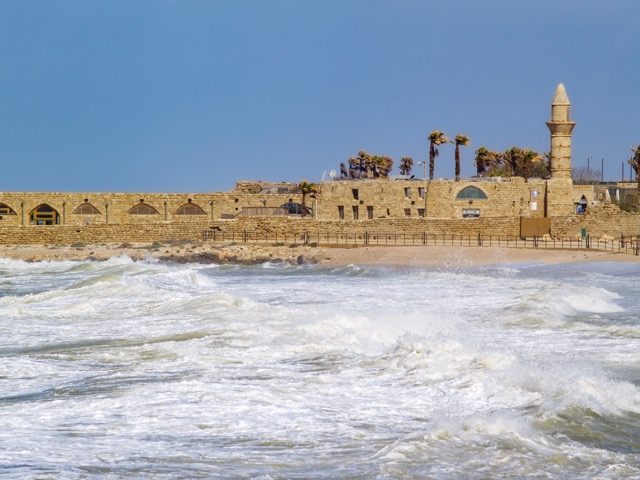In this episode, we’re diving deep into the life and reign of Herod the Great, an influential figure in the biblical era. You might have heard of him as a crazed, diseased maniac in popular media, but I’m here to tell you that he was actually quite complex. Herod was a shrewd, politically savvy figure who demonstrated great cunning. Despite his ruthless nature, he was also known for his architectural prowess, with many structures still standing in Israel today.
He ordered the Magi to investigate the messiah’s birth and then ordered the death of children to end his life along with the other children. His love, power, and desire to keep the throne were the source of his cruelty.
As we explore Herod’s story, I’m struck by his ability to navigate different regimes. He survived and thrived through multiple power shifts, from Julius Caesar to Mark Antony and Cleopatra, and then to Augustus Caesar. He maintained close ties with the Romans, which, although it sparked resentment among some Jewish factions, helped maintain relative peace in the region.
One of the most significant contributions Herod made was to the architectural landscape of the region. He renovated the Jewish temple, a move that was seen as a strategic effort to win the favor of his subjects. He also built impressive structures like the amphitheater in Caesarea and his winter palace in Jericho. Despite being Jewish, Herod understood the importance of appeasing the Romans and Greeks, demonstrating his skillful political maneuvering.
Herod’s reign ended with his painful and gruesome death due to a mysterious illness. But his legacy lived on through his children, who also ruled various territories. His life of violence and cruelty that marked his reign is in stark comparison to his impact on the region’s history.

